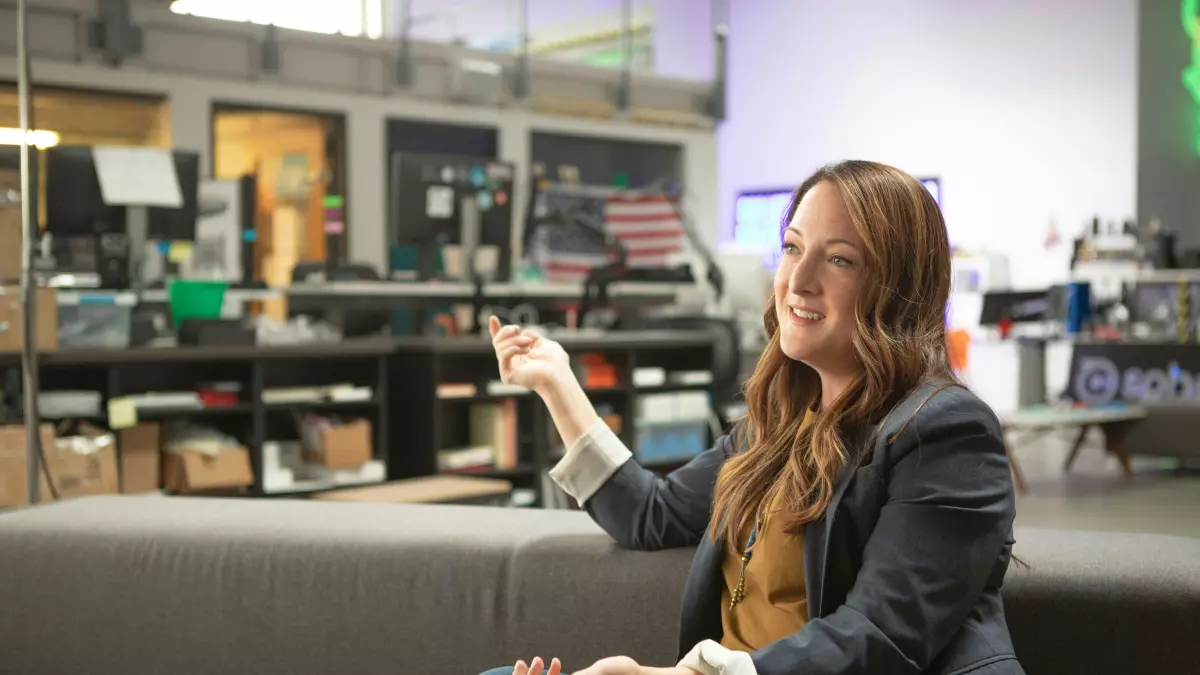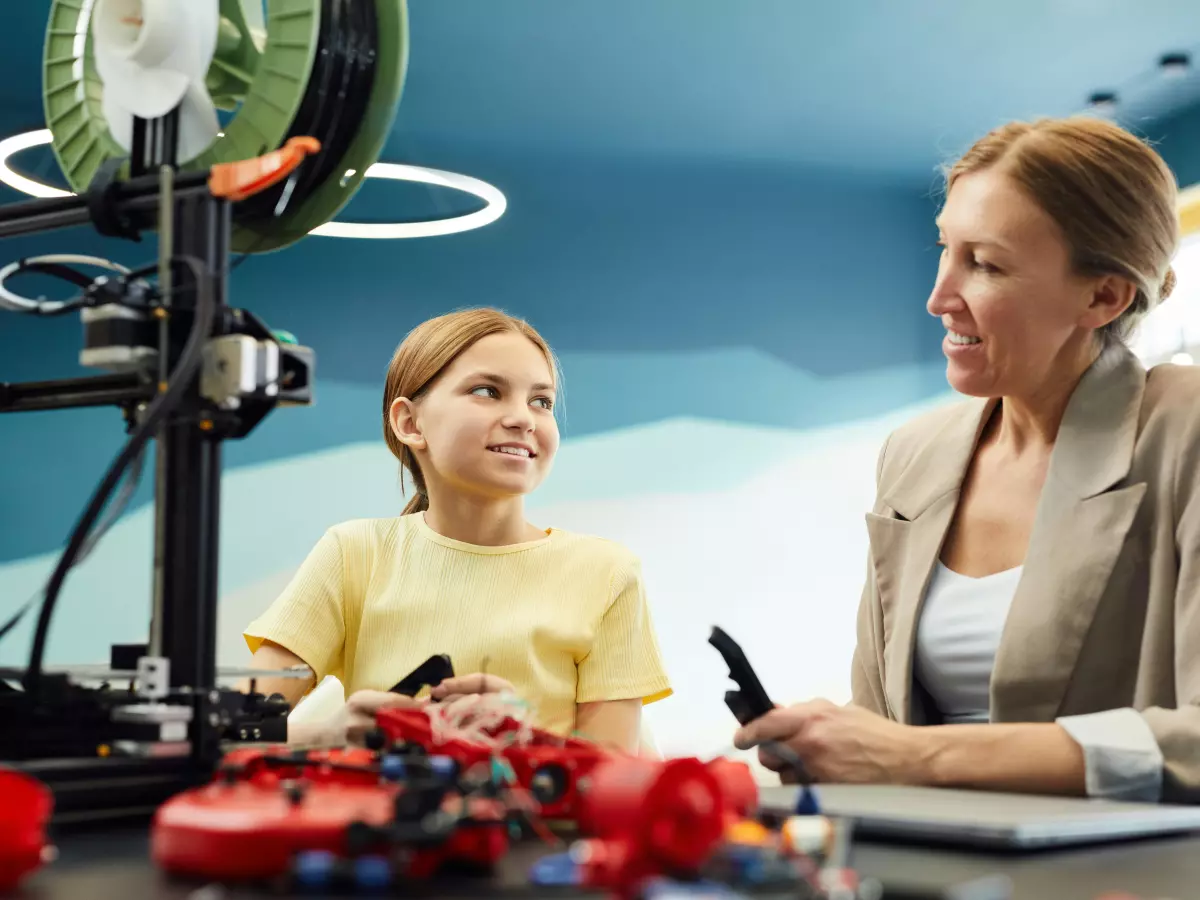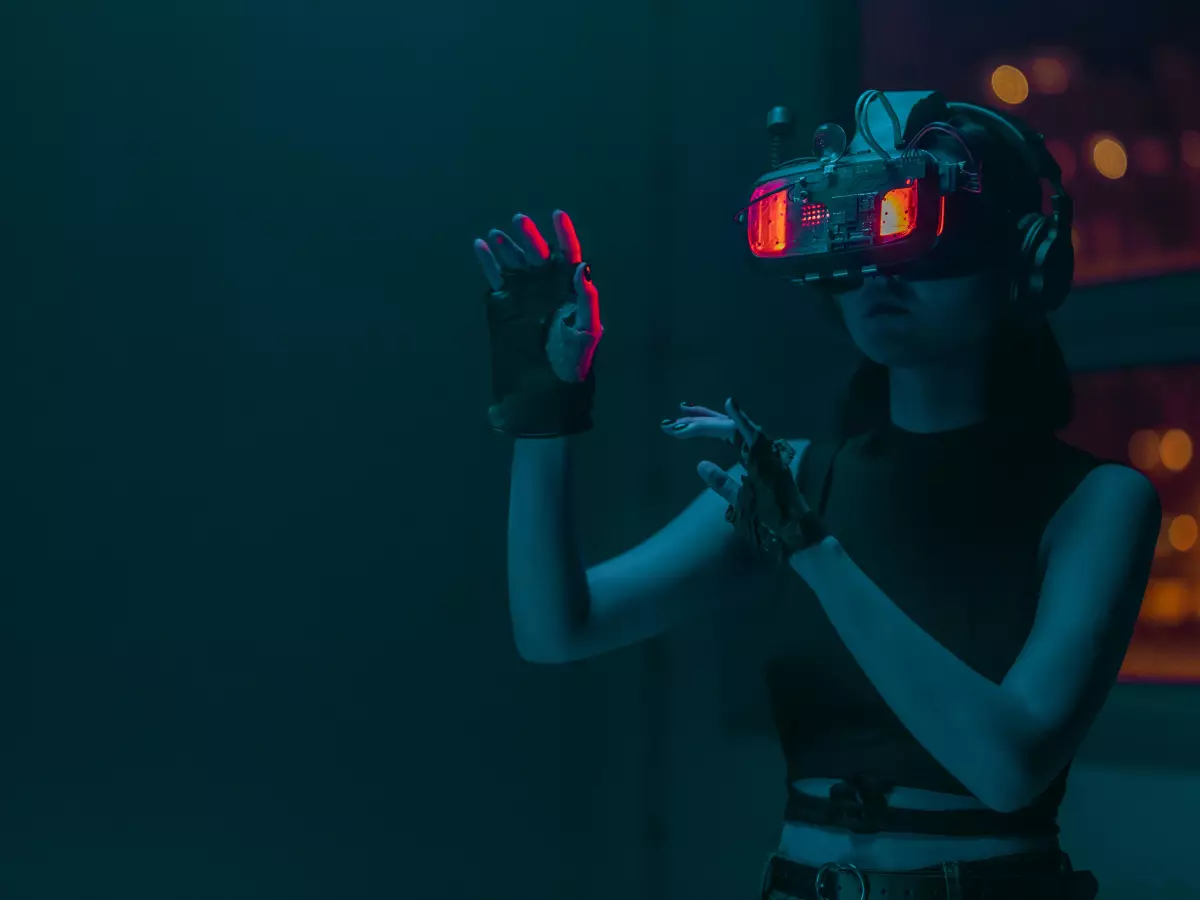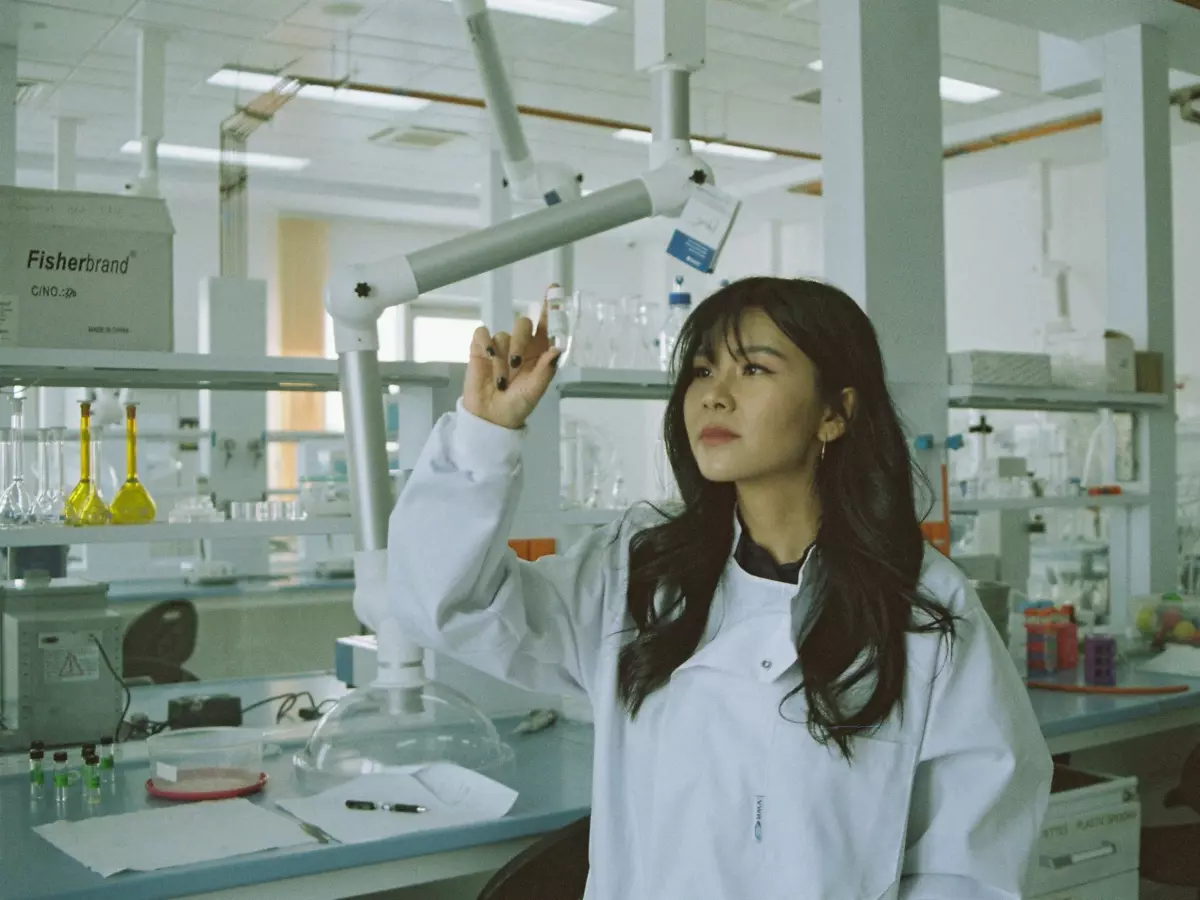Voice of the Future
"You know, I never thought I'd be talking to my phone like this," Sarah said, staring at her smartphone as it read out her grocery list. "It's like having a personal assistant in my pocket."

By Priya Mehta
Sarah's not alone. In fact, millions of people around the world are having similar conversations with their devices every day. Whether it's asking for the weather, setting a reminder, or even cracking a joke, digital assistants have become an integral part of our daily lives. But have you ever wondered who made this possible? Who's the mastermind behind the technology that allows us to casually chat with our gadgets like they're old friends?
Enter the innovator who revolutionized digital assistants: the person who took AI from the lab and brought it into our homes, pockets, and even cars. This is the story of how one visionary's work transformed the way we interact with technology, making it more personal, intuitive, and—dare I say—human.
The Early Days of Digital Assistants
The concept of a digital assistant isn't exactly new. In fact, the idea of a machine that could understand and respond to human language dates back to the mid-20th century. Early attempts were clunky, to say the least. Think of the first voice recognition systems that could barely understand a single word, let alone hold a conversation. But it wasn't until the late 2000s that things really started to change.
At the heart of this transformation was an innovator who saw the potential in combining natural language processing (NLP) with machine learning. This person realized that to make digital assistants truly useful, they needed to be more than just voice-activated search engines. They needed to understand context, learn from interactions, and anticipate user needs. In short, they needed to be smart.
The Breakthrough Moment
It was in 2011 when the world first got a glimpse of what a truly intelligent digital assistant could look like. Apple introduced Siri, and suddenly, talking to your phone didn't seem so strange anymore. But here's the thing: Siri wasn't just a product of Apple's innovation. Behind the scenes, there was a team of brilliant minds working tirelessly to bring this technology to life. And at the forefront of that team was our innovator.
This visionary had been working on AI and NLP for years, long before Siri became a household name. Their work laid the foundation for what would become one of the most widely used digital assistants in the world. But they didn't stop there. They continued to push the boundaries of what digital assistants could do, leading to advancements in voice recognition, machine learning, and AI-driven personalization.
Beyond Siri: The Evolution of Digital Assistants
After the success of Siri, the floodgates opened. Other tech giants like Google, Amazon, and Microsoft quickly followed suit, launching their own digital assistants—Google Assistant, Alexa, and Cortana. Each of these assistants built on the foundation laid by our innovator, incorporating more advanced AI and machine learning techniques to improve accuracy, speed, and functionality.
But what really set this innovator apart was their vision for the future of digital assistants. They didn't just see these tools as conveniences for setting timers or playing music. They envisioned a world where digital assistants could become true companions—helping people manage their lives, make decisions, and even offer emotional support. This forward-thinking approach has led to the development of more sophisticated AI systems that can understand not just what you're saying, but how you're feeling.
Leadership Style: A Blend of Vision and Collaboration
One of the most remarkable things about this innovator is their leadership style. They're not the kind of person who seeks the spotlight or takes all the credit. Instead, they believe in the power of collaboration. They understand that building something as complex as a digital assistant requires a team of diverse talents, from AI researchers to UX designers to linguists.
Under their leadership, teams are encouraged to experiment, take risks, and think outside the box. This culture of innovation has been key to the rapid advancements in digital assistant technology. It's also why so many of their former colleagues speak so highly of them—not just as a brilliant mind, but as a mentor and leader who inspires others to push the boundaries of what's possible.
The Future of Digital Assistants
So, what's next for digital assistants? If our innovator has anything to say about it, the future is looking bright. They're currently working on integrating even more advanced AI capabilities into digital assistants, making them more proactive and intuitive. Imagine a world where your digital assistant doesn't just respond to your commands but anticipates your needs before you even ask. That's the kind of future this innovator is working towards.
But perhaps the most exciting development on the horizon is the potential for digital assistants to become more emotionally intelligent. By analyzing tone of voice, facial expressions, and even biometric data, future digital assistants could offer personalized support tailored to your emotional state. Feeling stressed? Your assistant might suggest a meditation exercise. Feeling happy? It might recommend a playlist to keep the good vibes going.
Full Circle: From Sci-Fi to Reality
It's funny to think that just a few decades ago, the idea of talking to a machine was the stuff of science fiction. Today, it's a reality, thanks in large part to the work of this visionary innovator. They've taken us from clunky, barely functional voice recognition systems to AI-powered digital assistants that feel almost human.
As Sarah finishes her grocery list and asks her phone to remind her to pick up milk on the way home, she probably doesn't realize the decades of innovation that went into making that simple interaction possible. But we do. And now, so do you.





